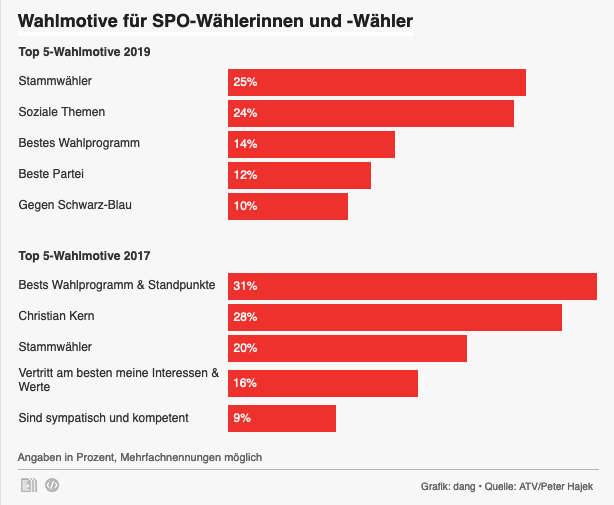
As we are starting to analyze and assess the Trump presidency, we should also start analyzing our own coverage of it, both academic and journalistic.
Much was predicted that didn't come true and much came true that wasn't predicted.
Much was predicted that didn't come true and much came true that wasn't predicted.
And, yes, I said "we". 👈
For example, until COVID-19 really hit, I thought Trump was going to be re-elected (again lose popular vote but win EC). Until November 3 I thought Biden would win in landslide but worried Trump would sneak out an EC win. 1/2
Also, I did not think Georgia would go blue yet in 2020. In short, I am as bad, if not worse, in predictions than most journalists and pundits. 2/2
• • •
Missing some Tweet in this thread? You can try to
force a refresh




